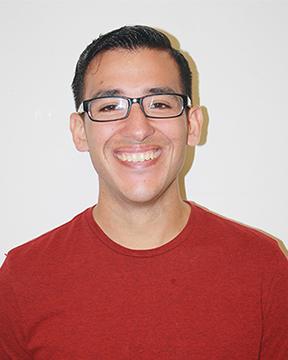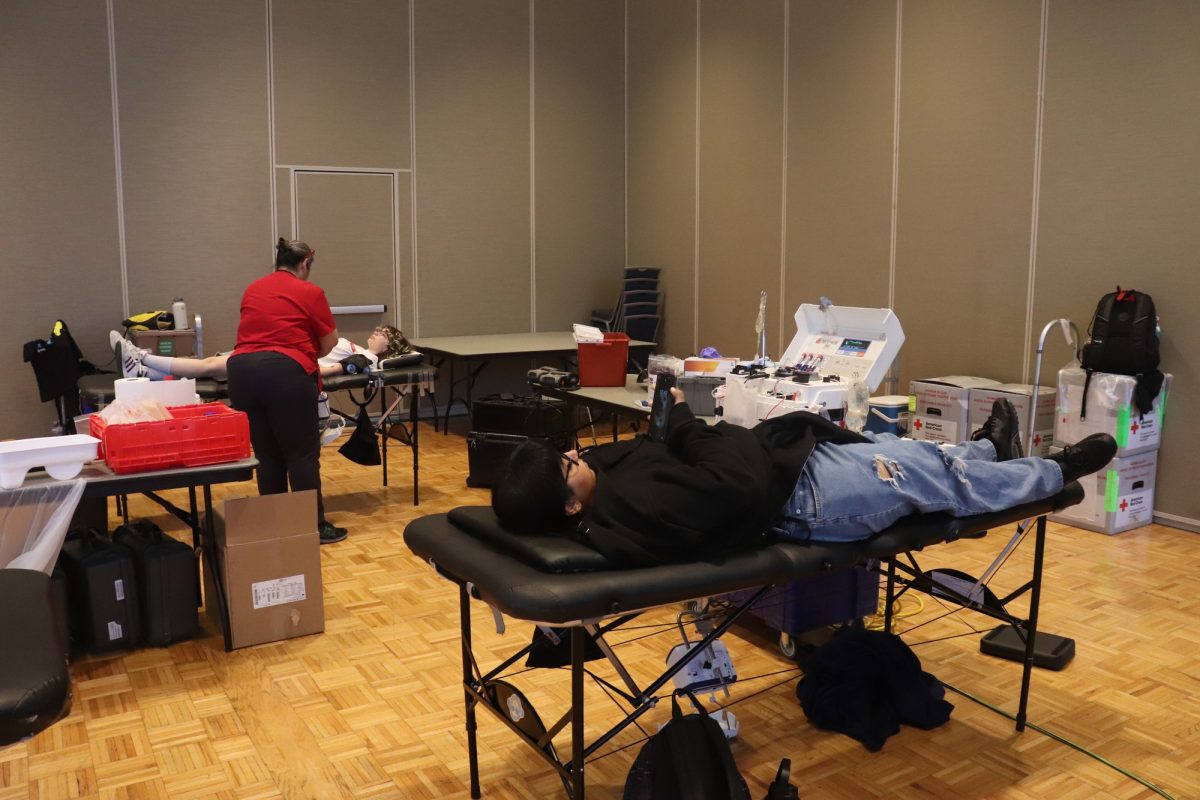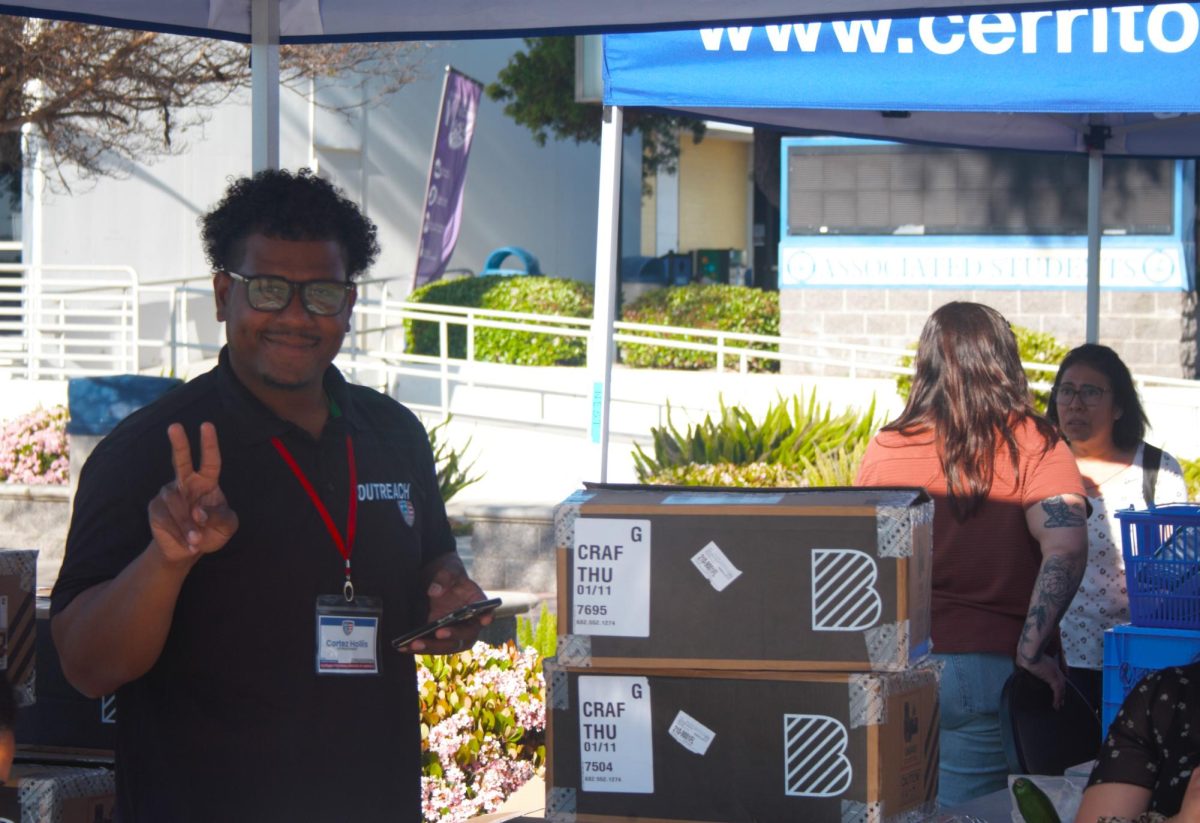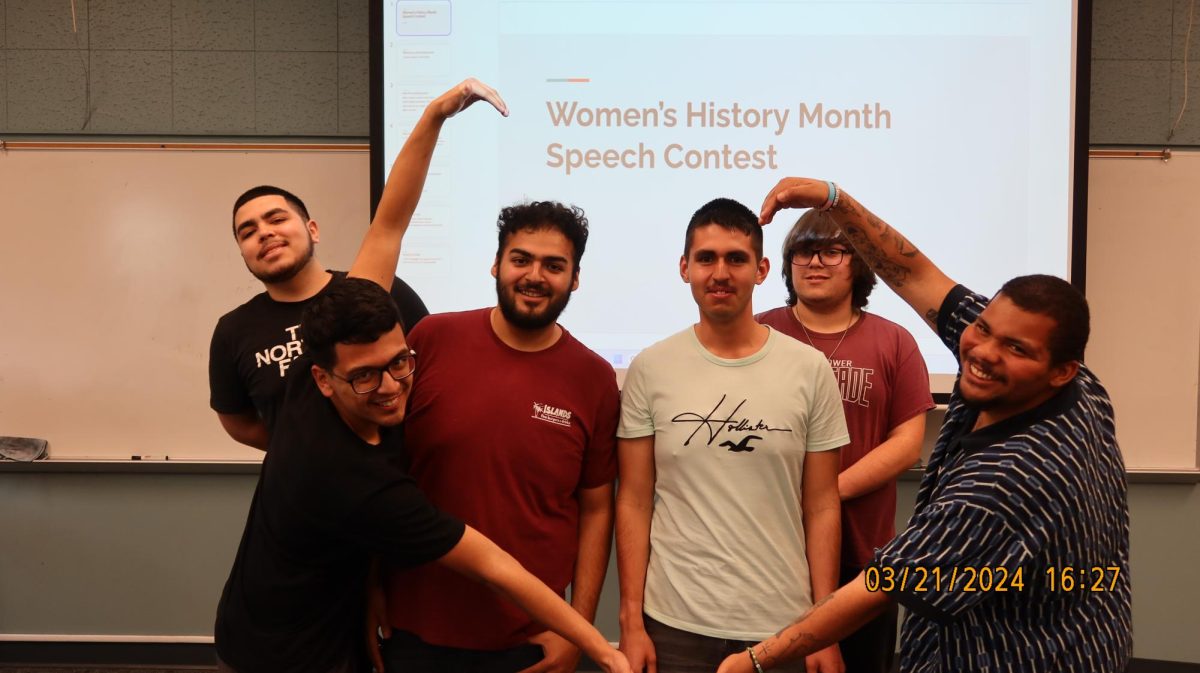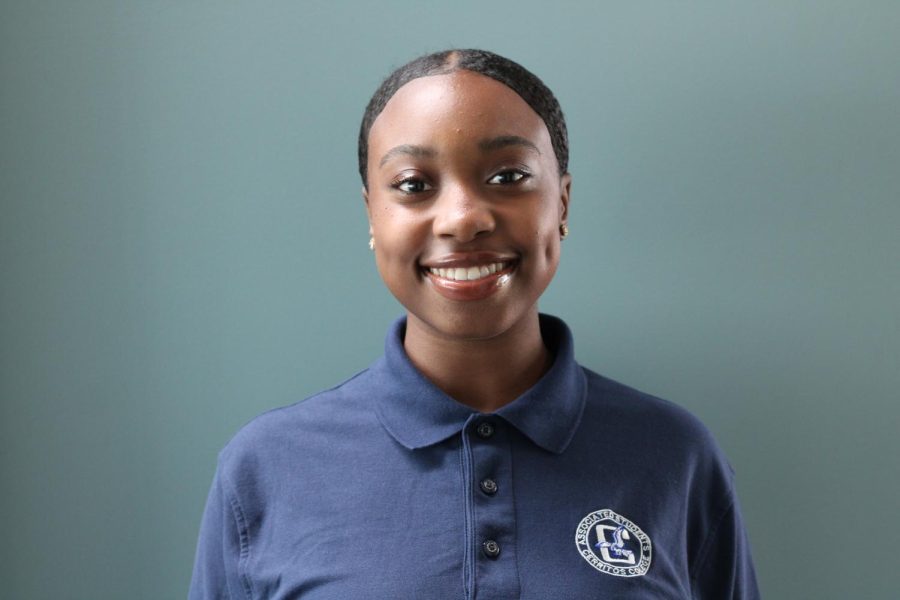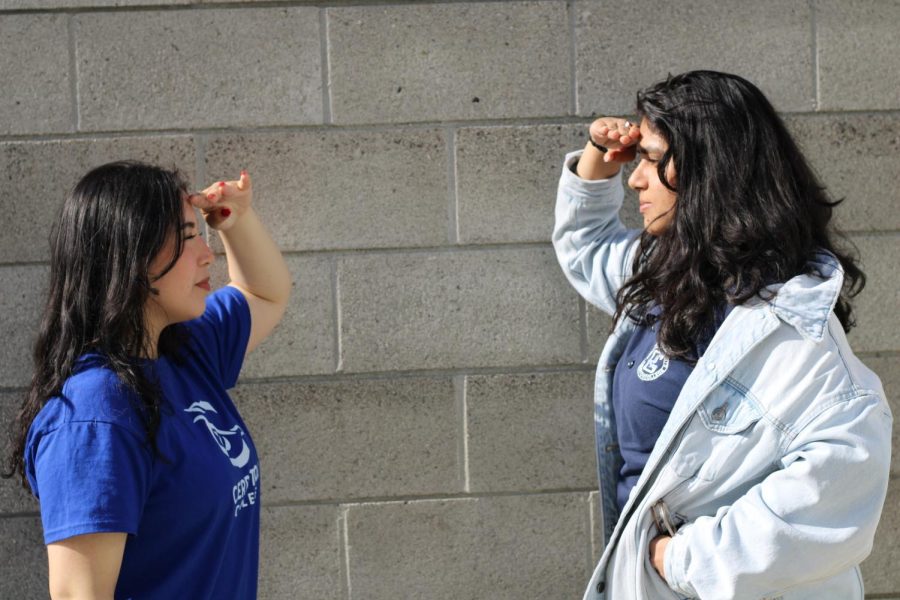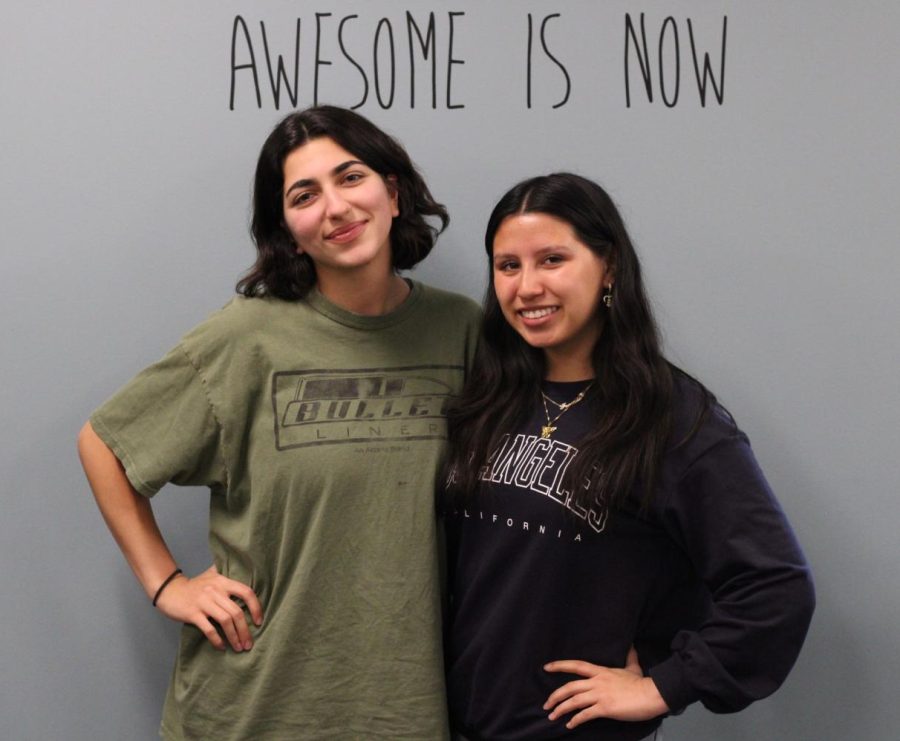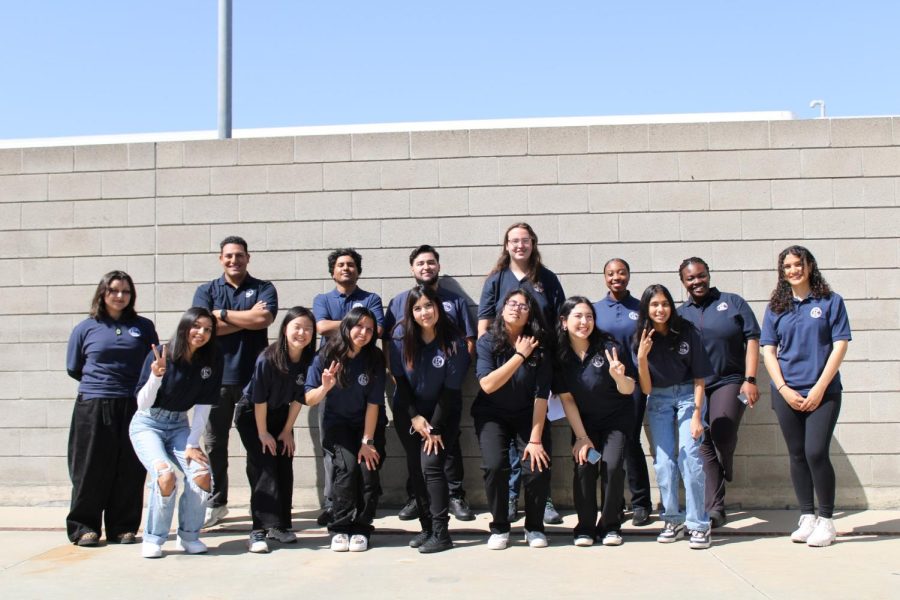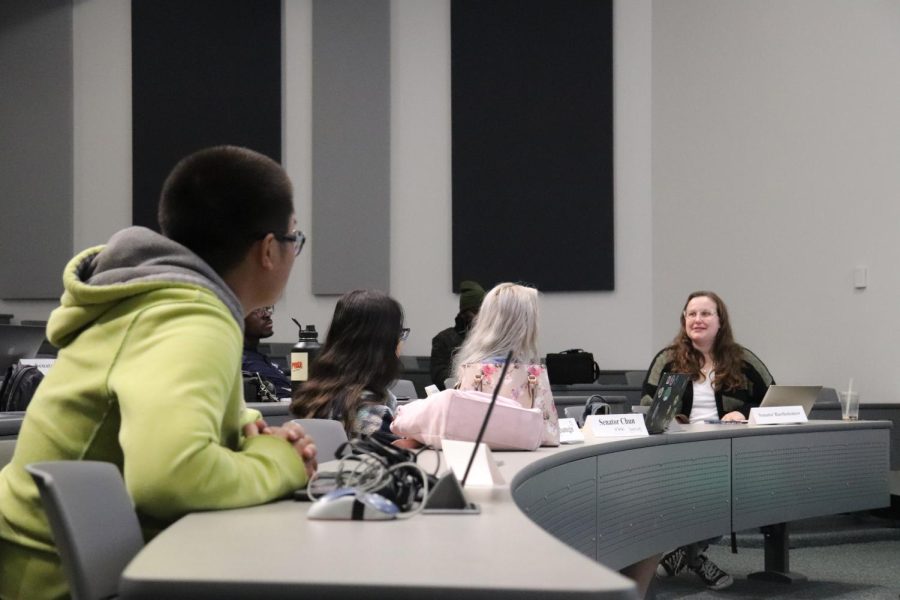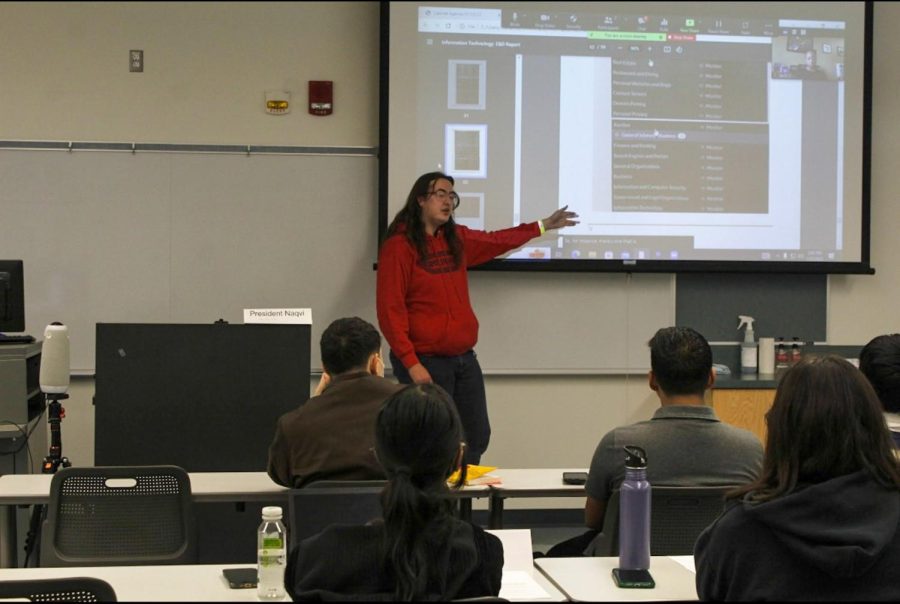In preparation for a review from the Accrediting Commission for Community and Junior Colleges (ACCJC), Cerritos College has begun the self-evaluation processes for the college and its services.
“It’s a self-reflection,” Dr. Frank Mixson, Co-Chair of the Accreditation Faculty said. “It’s designed for the college to take a good look at itself and determine how well it is performing or engaging in processes that the accreditation commission feels are important.”
The self-evaluation is a process that the college undergoes every six years to determine if it is meeting the guidelines set up by the Commission, or ACCJC, to renew its accreditation.
When a school is accredited it means that it has met the standards of a board such as the ACCJC.
Recently the ACCJC has come to the attention of many after it announced that the City College of San Francisco failed to meet its standards, making its future unsure.
The only college to lose its accreditation has been Compton Community College in 2005.
The loss of accreditation can have a major effect on any public college.
“(It) means you can’t receive state funding nor can you receive federal financial aid for your students,” Cerritos College President Linda Lacy said. “It, in essence, shuts down a public institution.”
The ACCJC reviews colleges on four major standards such as the college’s “mission,” student services, resource management, and leadership.
“Each of those four standards then have all these sub-standards,” Vice President of Academic Affairs, Dr. Joanna Schilling said, “and they give us very specific questions.”
“Then it’s our job to say, ‘OK, based on what the standard is, how (do) we measure up against that?'”
To better focus on each guideline and determine how well each of the four main areas are covered, different sub-committees were created.
Each committee is dedicated to one of the four major standards and determines if the school is meeting each of the sub-standards.
“Every standard has a committee,” Schilling said, “and what they’ve been working on for the last two years is compiling this report and updating it as new things happen.”
According to Lacy, the guidelines given to the college cover as many areas as possible to see if the college is giving students adequate service.
“There are some things that deal with financial aid, there are some of the things that deal with admissions and records (and) whether our student’s records are secure.”
It is the job of each committee to determine if the standard it was assigned is being met.
If one of the committees decide that its standard is not being met, it is that committee’s responsibility for designing a plan to improve the area.
“If you found in the evaluation process (that) there’s something you want to work on, then you would add a planning agenda.” Lacy said.
“It gives you an idea of what you want to work for in the next six years.”
Currently the college is in the process of completing the draft of the self-evaluation before it is presented for approval to the Board of Trustees in November.
“What’s going to happen in September is (that) we (will) go through all the shared governance committees, including the ASCC, and we’ll include an executive summary of where we think we are and then links to the full report (online),” Schilling said.
The draft will also be posted in its entirety online allowing anyone to read through the college’s findings.
Open forums will be held to gather input from anyone who wants to share his/her views on the report.
“This is not the opinion of one or two people,” Mixson said. “The report should be a strong consensus of the college.”
Mixson said that the school wants to go beyond just satisfying the guidelines laid out by the ACCJC.
“Even when we meet the standards, we’re still trying to improve. Perhaps we’re offering services to students (in person), but we want to offer those services online as well.
So we’re doing a great job in person, but we want to make sure that online students are having the same opportunities for services.”


